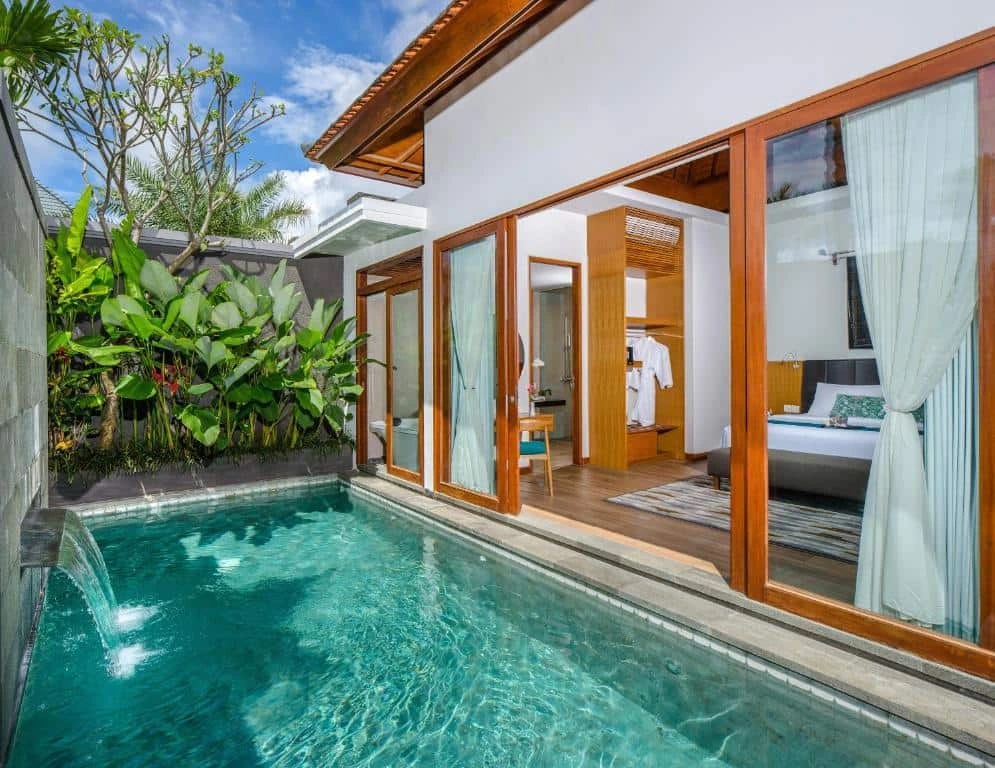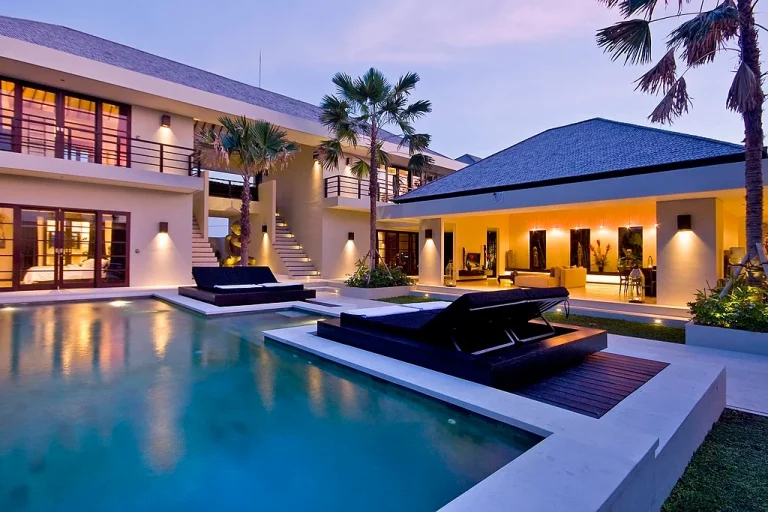How can a foreigner buy a property in bali?
Buying a property in Bali is a dream for a lot of foreigners. Tropical climate, friendly locals, lush vegetation, green paddies… who wouldn’t want to own a villa or an apartment in such a paradise?
But being a foreigner and wanting to own a property in Indonesia aren’t two things that are easily compatible.
So before you jump on the first ad selling a property in Bali, here are a few things you should know about property ownership in Indonesia as a foreigner.
Can foreigners buy a property in Bali?
It is normally impossible for a foreigner to own a property in Bali, and more generally in the rest of Indonesia.
The issue is actually rather on the land than on the building itself: land ownership by a foreign individual is strictly prohibited in Indonesia.
If so, then how come you’ve seen or heard about (quite many) foreigners owning villas, resorts and other sorts of properties in Bali?
To answer this question, it is important to understand the different types of property ownership that coexist in Indonesia, and the sort of opportunities they can create for the foreigners interested in real estate in Bali.
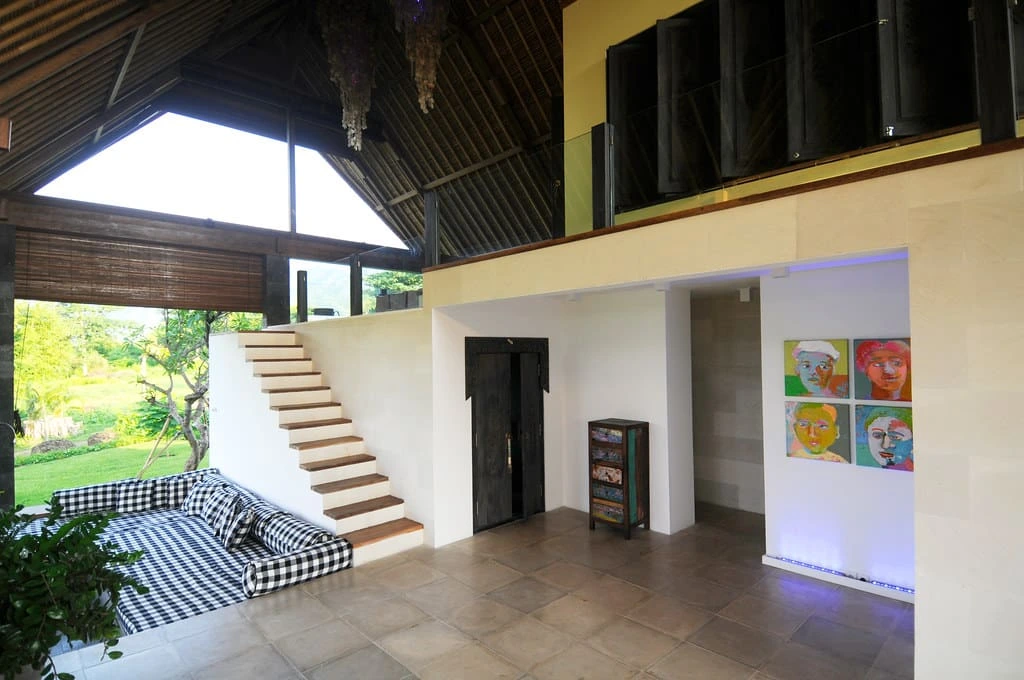
What are the different types of property ownership that exist in Indonesia?
There isn’t one type of property ownership in Indonesia. There are actually 3 types of ownership, and one type of long term rental that can have many of the advantages of ownership.
Let’s clarify each of them.
The Hak Milik or Freehold: the ultimate “all inclusive” type of property ownership
The Freehold ownership, that you might find under the Indonesian term “Hak Milik” is what you could consider the “full” ownership, the one similar to what you probably have in your home country.
You own the land without any expiry date and are free to build on it (with the right permit) or sell it if you want to do so.
Unfortunately, the freehold is a type of ownership that is only for Indonesian citizens, and strictly forbidden to foreigners, regardless of their immigration status.
So even if you are a long term Indonesian resident with a KITAS or a KITAP, there is no way around it, you can’t have a freehold property under your own name legally in Indonesia.
The Hak Guna Bangunan (HGB) or right to build: a type of ownership for companies
The Hak Guna Bangunan, often shortened to HGB, is a type of ownership that is designed for Indonesian companies rather than individuals. Literally, it is a “right to build” for a company.
It is quite close to a freehold in its core idea: an Indonesian company can own the land and the property, build what is required if all the other requirements are met, and sell / transfer the ownership to another company if needed.
One of the main differences between a HGB and a freehold, aside from who can own it, is that a HGB is limited to a total of 80 years (30 years initially + one first 20 years extension + 30 years final extension).
After that, the company can’t own the HGB rights anymore and should transfer them.
The Hak Pakai or right to use: a type of property ownership for foreigners that officially reside in Indonesia
The Hak Pakai, or right to use, isn’t the type of ownership you are likely to hear the most.
This type of ownership is made for foreigners that officially reside in Indonesia, meaning that they own a KITAS or a KITAP.
The Hak Pakai is the only way a foreigner can legally own a property under his personal name in Indonesia. There are however some serious limitations:
- Very few houses, villas and apartments are eligible to hak pakai
- The initial ownership is 25 years only and can be renewed up to a total of 70 years
- A foreigner can only own one property through this scheme for his own residence and no commercial activities are allowed
- Most eligible properties are in elite areas and are therefore on the expensive side
Leasehold: a long term rental that is an alternative to conventional property ownership
The leasehold isn’t technically a type of ownership but rather a long term rental. That being said, it can have some of the advantages of ownership for many foreigners, without much hassle.
You are not owning the house, the villa or the apartment, the regular owner is and always will be, but you can use it rather freely for the duration of the lease.
The property stays in the Indonesian citizen’s name that owns it, and you simply have a lease agreement that grants you the right to use the property for a maximum of 25 years, renewable up to a total of 80 years.
At the end of the lease, the legal owner gets the right to use the property back like in any other rental.
There are pros and cons to leasing a property as a foreigner in Indonesia.
The pros:
- The paperwork is straightforward and 100% legal
- You don’t need to be an Indonesian citizen or an Indonesian resident (so no need to own a KITAS or KITAP)
- You can do most things that regular owners do as long as the owner agrees
- It is still a great protection from rental inflation
The cons:
- You are never the legal owner of a leased property / land
- You have to pay in advance the full amount of the lease (so if you have a 25 years lease, you pay the 25 years directly, not monthly or yearly)
- The value of a lease decreases over time if you want to sell it before its term
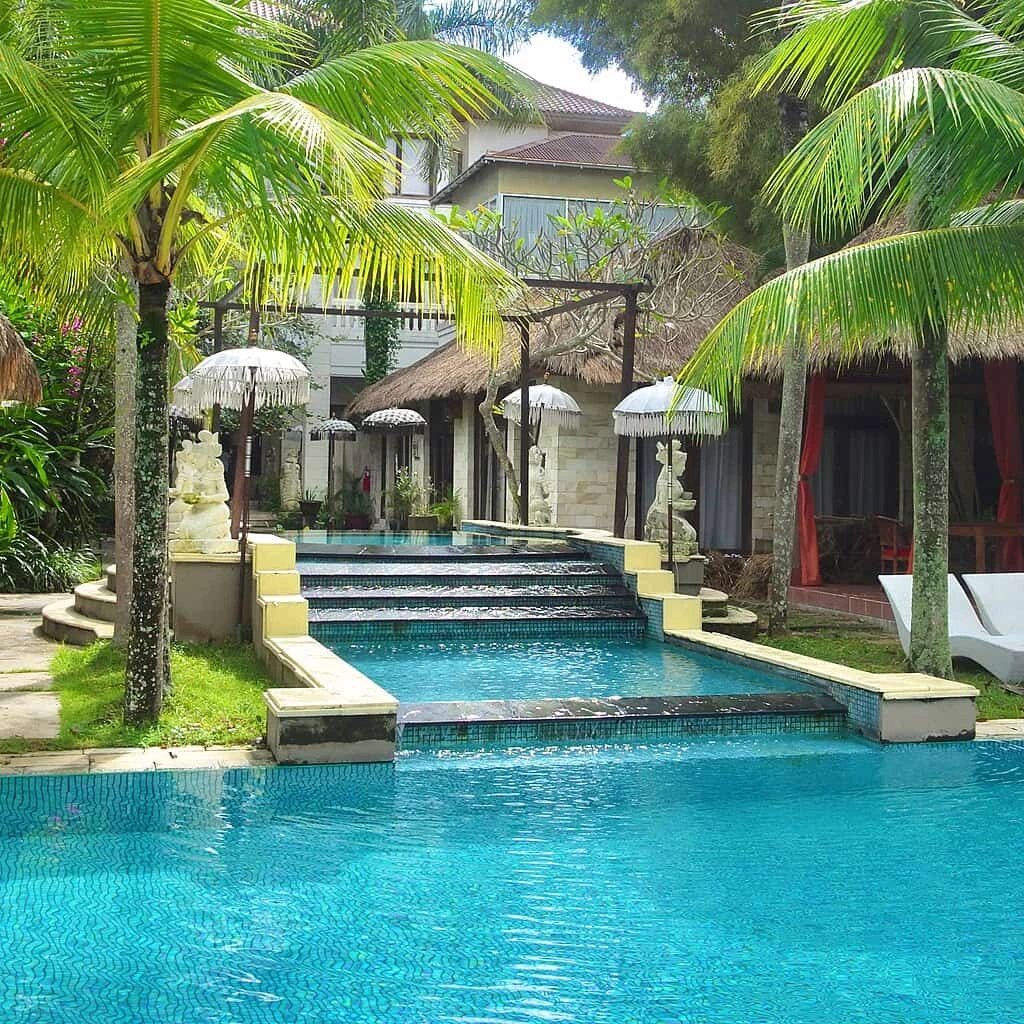
So, how do foreigners usually buy a property in Bali or the rest of Indonesia?
Now that we’ve seen what type of law regulates home ownership in Indonesia, let’s have a look at how foreigners usually acquire property in Bali.
Most foreigners lease their property and are therefore not technically the owner of their house / villa
In Bali, many foreigners are not the legal owners of the property they are living in.
Given how simple a leasehold is compared to other “regular” ownership, a big part of foreigners simply prefer to rent a land or a villa or both on the long term rather than going through the hassles of trying to get their hands on a freehold or another type of ownership.
A property lease is therefore the convenient and flexible answer for foreigners that want to live in a villa or a house in Bali, but it also regularly used by investors. It is indeed not illegal to lease a villa for several decades and exploit it with short term rentals, as long as the official owner agrees. A local company can also lease a house or a villa, the same way it could lease office buildings.
Life being filled with surprises, a leasehold is also the preferred option to new residents that aren’t sure to stay in Bali on the long term. 5, 10 or 25 year leases are usually more than enough to test the waters and see if you want to commit to the Indonesian lifestyle for longer.
Foreigners that want to own property in Indonesia to rent it out or make a business out of it acquire it through their company
Foreigners individuals who want to be in the real estate business, whether it’s for investment or tourism, usually have to set up an Indonesian company that will officially hold their property ownership titles on their behalf.
As we previously mentioned, the Indonesian company doesn’t technically own the freehold rights, but it can own the Hak Guna Bangunan (HGB) which allows them to perform their commercial activities and transfer the ownership to another company if required.
This is by far as close as it gets to owning a freehold title as a foreigner, especially when getting several properties or one expensive one. It can however be a bit cumbersome to acquire only one property through this method as it requires to set up a local company called PT-PMA and meet the legal requirements that any company has.
But if you are a serious investor wanting to secure your assets, this is likely the way to go.
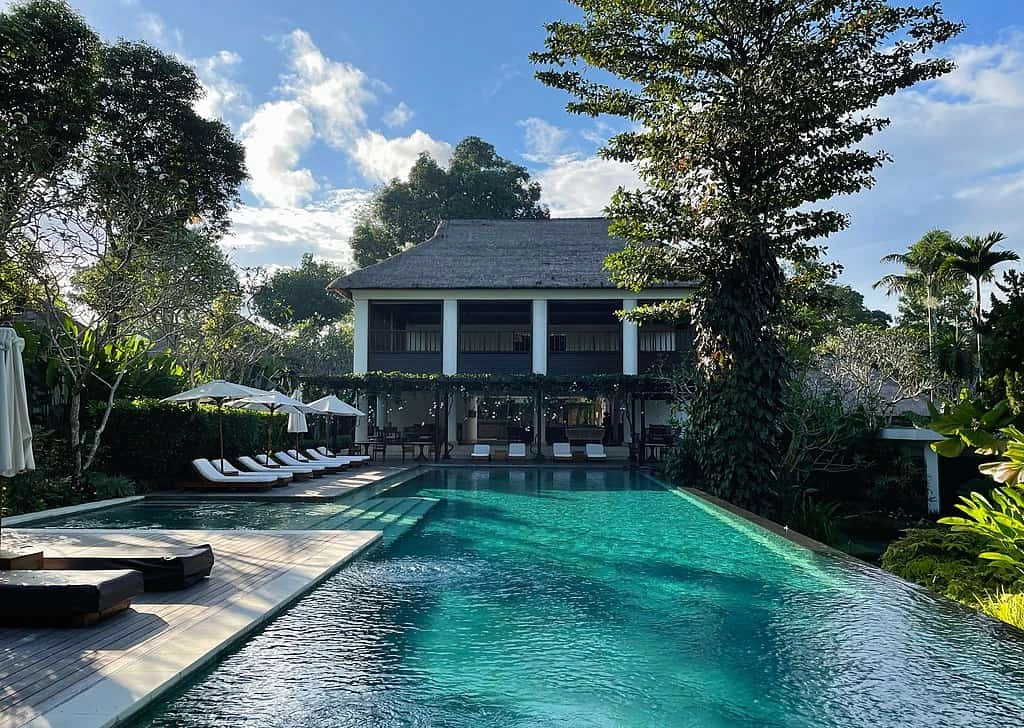
Some foreigners married to Indonesian citizen have their property under their husband/wife’s name
If you are married to an Indonesian citizen, you can put your villa, house or apartment in your spouse name as long as you have a prenup that separates your assets from his/her assets (called a Akta Pisah Harta).
Be careful though, without this prenup that clearly separates the foreigners spouse assets from the Indonesian spouse assets, the Indonesian spouse is also not able to own property in Indonesia, like any foreigner!
For obvious reasons, having your property in your Indonesian spouse doesn’t make you a legal owner and can be quite dangerous with a prenup that isn’t well set up, especially in case of death or divorce.
That being said, many foreigners in a mixed marriage use this solution as it is rather straightforward and convenient.
A few foreigners owning KITAS acquire property through the Hak Pakai scheme
KITAS and KITAP owners rarely get property in Indonesia through Hak Pakai, but some do and they usually have rational motives.
The reasons why the Hak Pakai property schemes aren’t vastly used aren’t really in the law itself. It could actually be quite convenient for many Indonesia long term residents and all in all similar to a HGB without the need to create a company. The issue is rather because of the choice of property available through this scheme is limited and their price can be quite above the market.
If you’ll likely struggle to find a property that accepts Hak Pakai at a decent price in Bali, there are however a few more eligible apartments in elite areas of Jakarta that could be found with less buyer pressure to increase the price.
If you have a KITAS or a KITAP and find the villa or apartment of your dreams that is eligible to Hak Pakai, you could therefore legally own it, without creating a company or putting it under your Indonesian spouse, which could justify a slight price bump.
On the subject: “What is a KITAS? KITAS visas explained”
Foreigners with very low risk-aversion use nominees
Back in the days, most foreigners were using Indonesian nominees to buy properties under their names.
Nowadays, people try to stay clear of nominees, and they should, as although the majority of nominees agreements went generally well, the few that didn’t ended up being very problematic. It wasn’t unheard of for foreigners to lose their home, villa and entire life savings with a nominee agreement gone terribly wrong.
If you need a practical example, the sad story of Susi Johnston made headlines a few years ago, when her local nominee decided to pay her personal debts with the villa that was under her name, but that actually belonged to Susi Johnston. The Bali dream quickly turned into a nightmare when people came into her house claiming they owned it, with the legal paperwork to prove it.
Some foreigners owning a lot of property in Indonesia take the Indonesian nationality
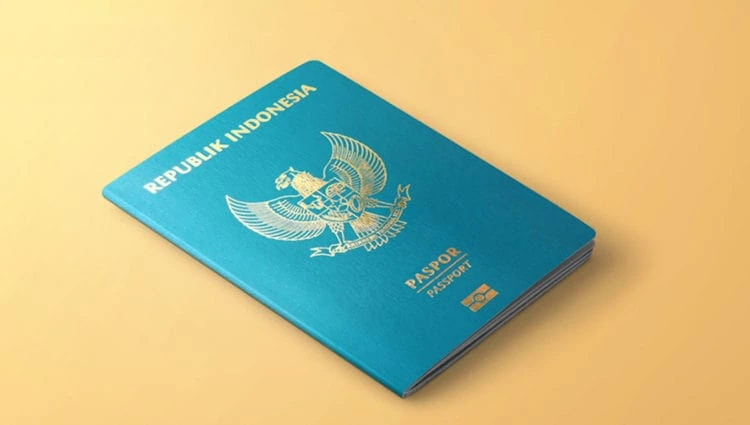
If you’ve been an Indonesian resident for a long time, you might be eligible for Indonesian nationality, as long as you ditch your former citizenship (dual citizenship is illegal here).
Few people do it, but among the people that do take the plunge, owning a lot of real estate (or a flourishing company) in Indonesia is a very strong motive.
You wouldn’t be the first to decide to officialise your love for Indonesia with an Indonesian passport, especially if it allows you to secure your properties like any Indonesian citizen would along with vastly simplifying your daily paperwork (no more visas!).
The trade-off is of course quite heavy as ditching a nationality, a strong passport or both isn’t an easy step to take. But if you’ve been on several KITAP and want to really own property fully in Freehold…there is clearly no better way.
Conclusion
Foreigners are not allowed to own lands and properties in their own name indefinitely in Indonesia like Indonesian citizen do, but there are several alternatives that come pretty close:
- Buying your main residence for maximum 80 years with a Hak Pakai if you have KITAS / KITAP
- Buying a property through a company with Hak Guna Bangunan or HGB rights
- Making an Indonesian citizen (nominee, spouse…) the official owner of your property (Freehold)
- Get Indonesian citizenship if you are eligible to buy in Freehold like any normal Indonesian citizen
- Get a leasehold instead of trying to be an owner. Less paperwork and quite few limitations
Whatsapp us now if you want to create a local company for your property purchase in Indonesia or if you are looking for any legal / immigration advice.

